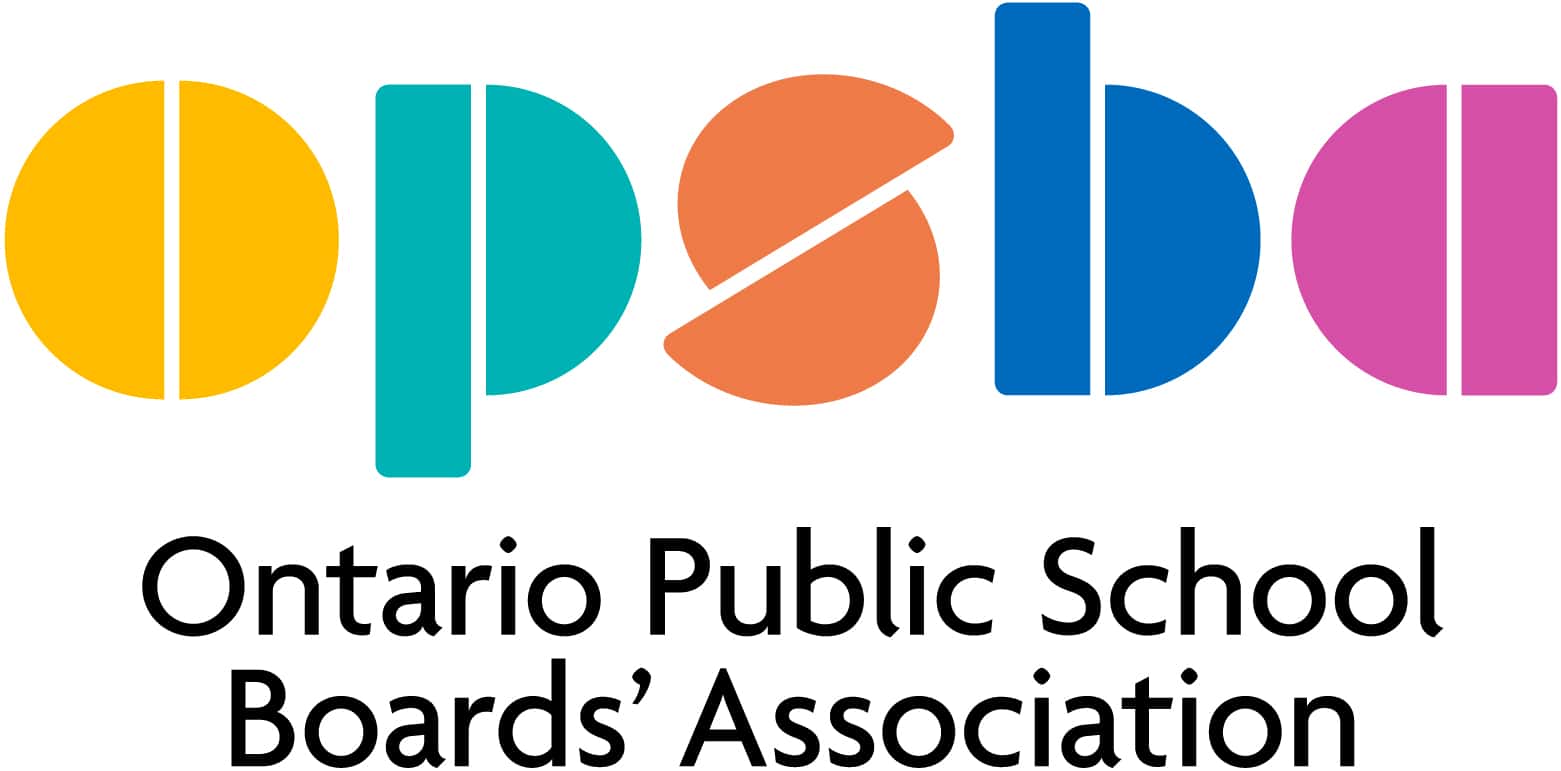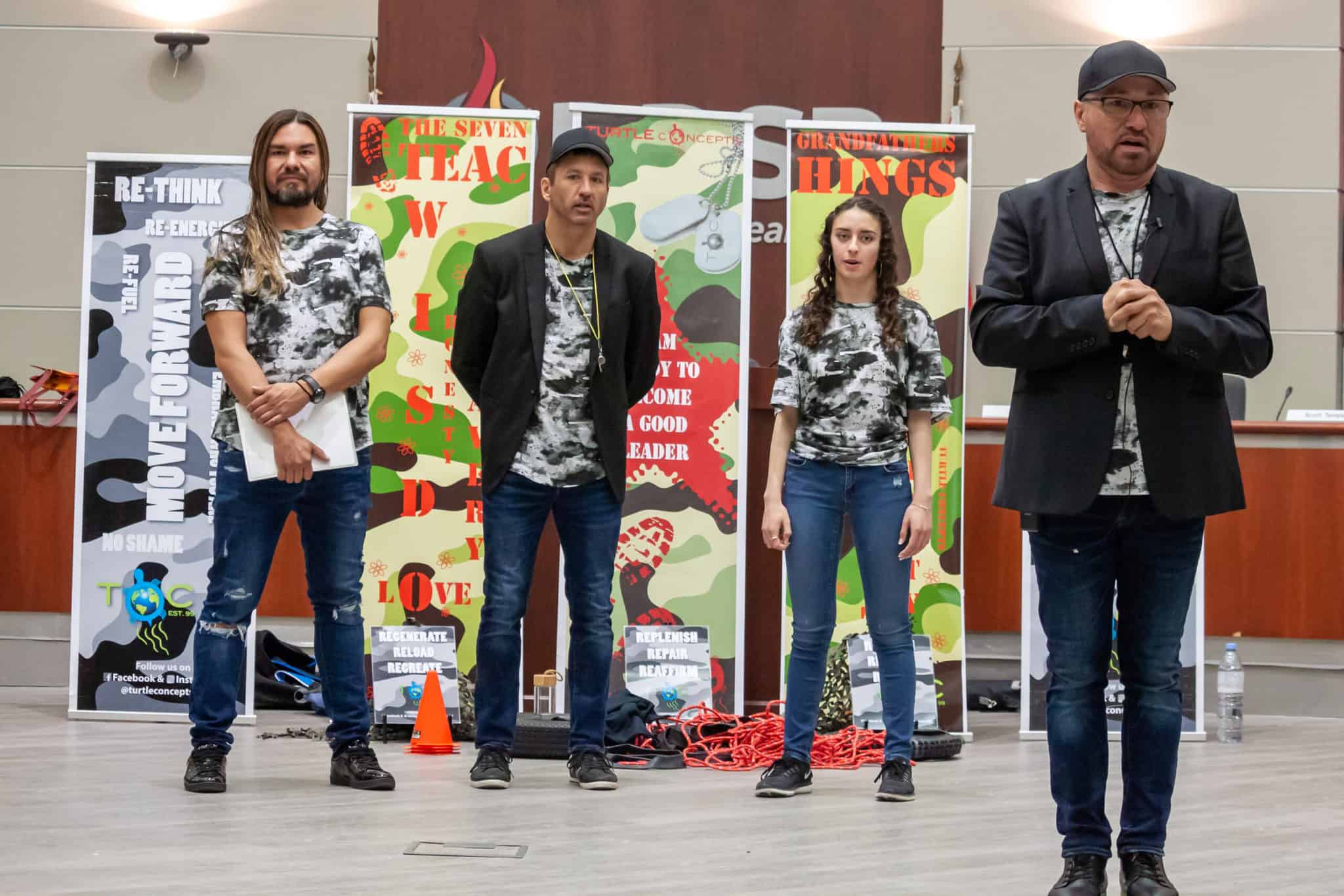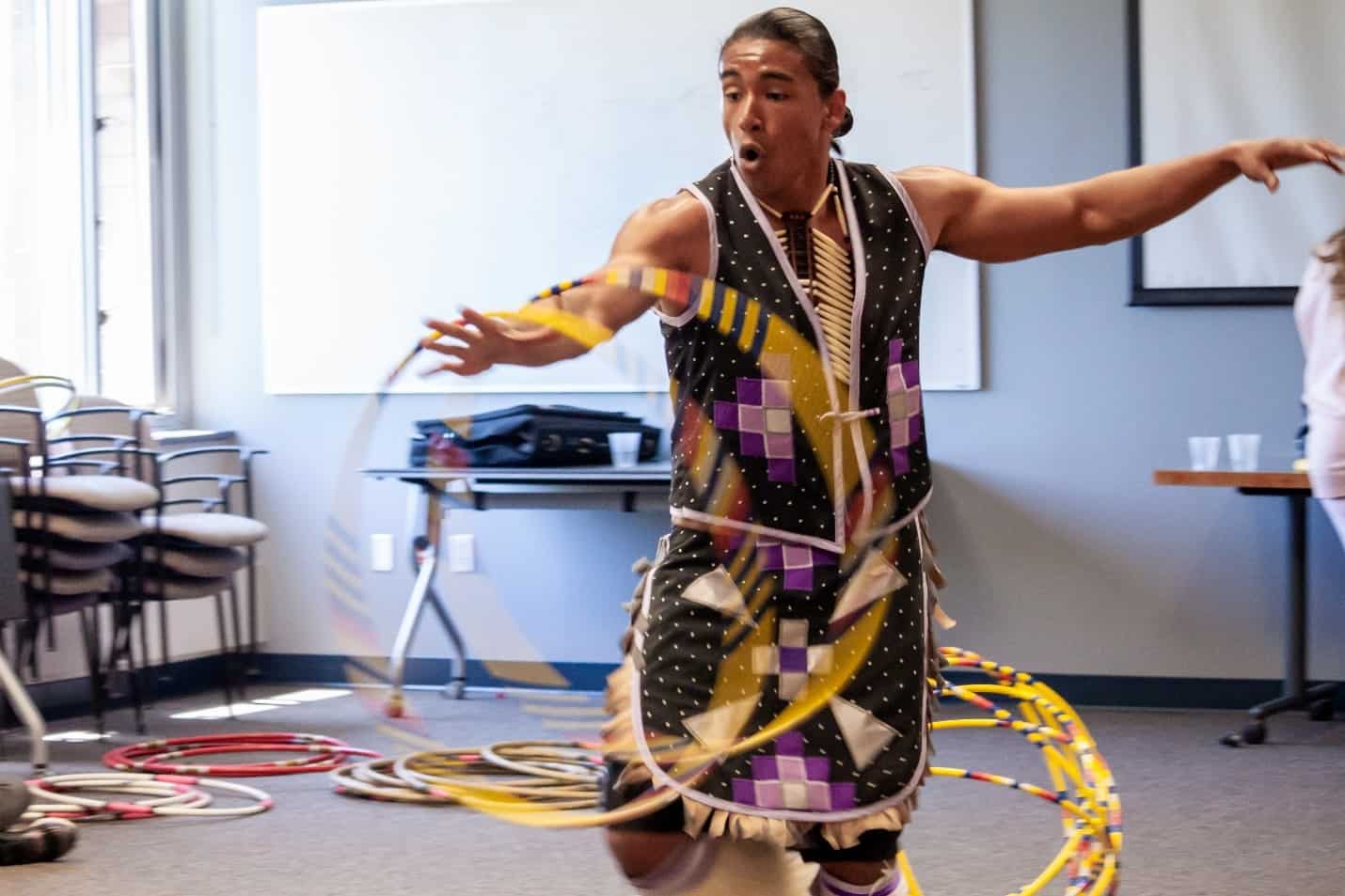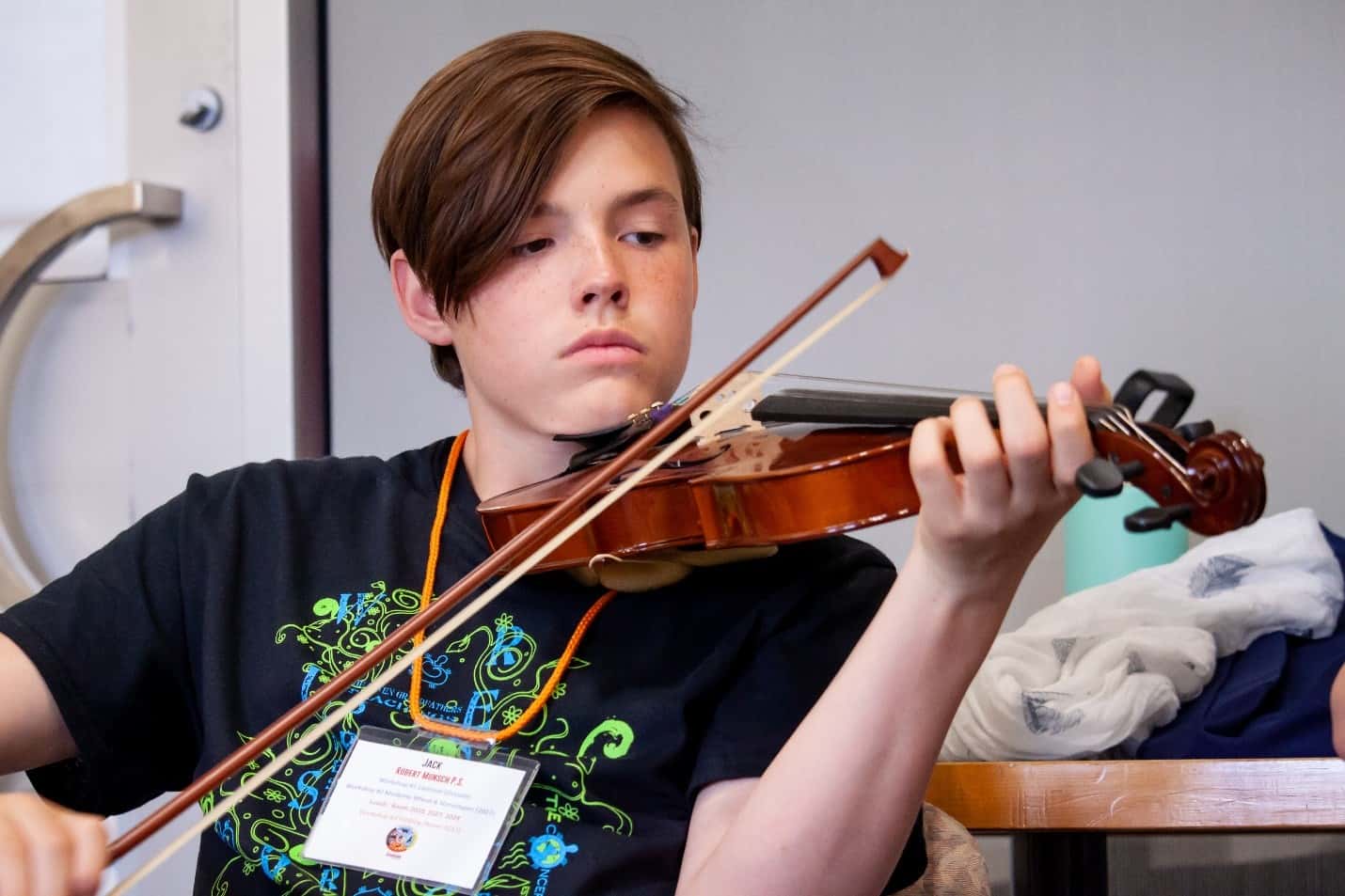Durham District School Board
Equity: Indigenous Student Celebration Day
By Marissa Campbell, Durham DSB
Durham District School Board (DDSB) fosters connection and pride at the annual Indigenous Student Celebration Day
On June 6, students in Grades 4 to 10 who self-identify as First Nation, Métis, or Inuit took part in the annual Indigenous Student Celebration Day at the Education Centre. Hosted by the DDSB Indigenous Education Department and the Keenanow Indigenous Employee Network, the event happens the first Thursday of June every year and is an opportunity for self-identified students to spend a full day engaged in fun cultural experiences that foster connection, community and pride.
Throughout the day, students had a chance to participate in several workshops, including Hoop Dancing, Sweetgrass Teachings, Treaty Exploration, Metis Jigging, Fiddling, the Anishnaabemowin Language, Lacrosse, Medicine Wheel and Stereotypes, and a Sharing Circle and Craft. In addition, special guests from Turtle Concepts offered an interactive boot camp designed to strengthen mind, body and spirit.
Keynote speaker and Turtle Concepts founder Dave Jones wanted students to be proud of who they are and to understand, that despite difficulties or struggles, everyone can reclaim their history before charting their future. “For those of you who are now identifying with your Indigenous culture and ancestry, it’s important to know where you come from, but you need to know where you’re going,” says Jones. “Be proud of who you are and make the next chapter of history exciting.”
Connection, Community and Pride
Karen Mullen is on the executive council for the Keenanow Indigenous Employee Network. Keenanow means ‘all of us’ in Cree and Anishnaabemowin, and the organizers of the Indigenous Student Celebration Day worked hard to include as much representation as possible from the wider Indigenous community. “All of our workshop presenters are specialists in different areas,” explains Mullen. “It’s an opportunity for students to be taught by Indigenous teachers, share in Indigenous knowledge and ultimately be proud of who they are and learn more about themselves.”
For Mullen, the event focused on connection, community and pride. “Students need to see themselves represented in the curriculum and in the classroom so they can embrace who they are and recognize that there’s an amazing amount of history to not only be proud of, but to bring forth into the future,” says Mullen. “And when you know who you are, you’re at peace and there’s a budding happiness in that — in essence, we can be our true awesome selves.”
| Previous Article | Next Article |




